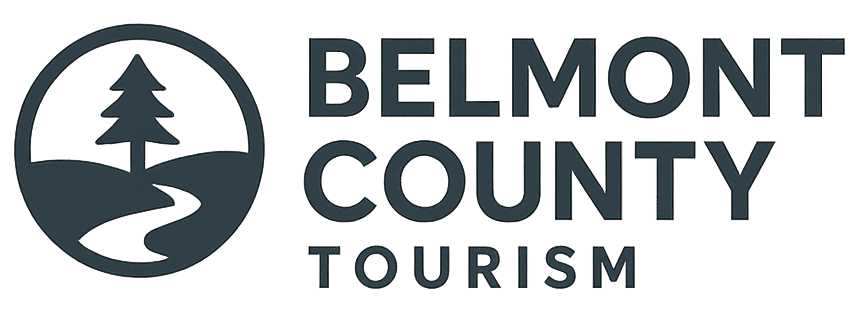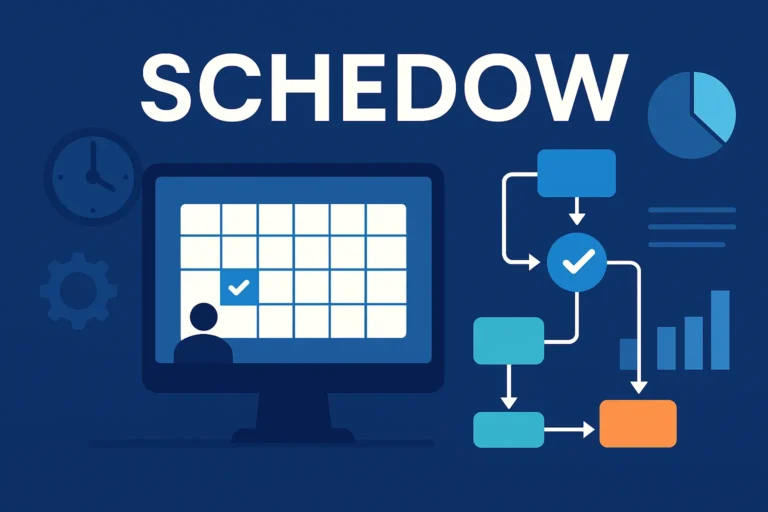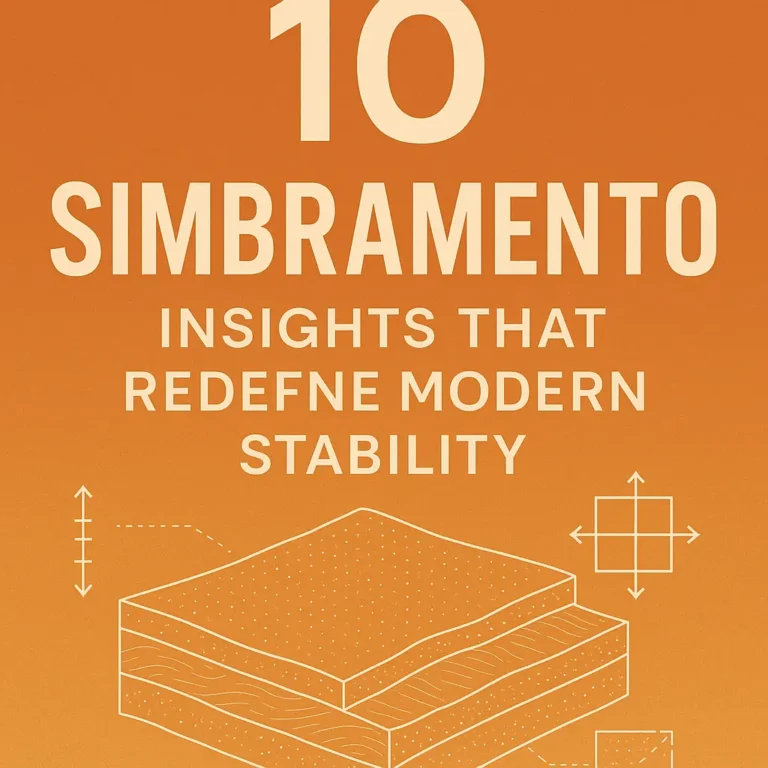Plangud: A Multifaceted Concept for Planning, Productivity, and Beyond
The word Plangud has been gaining attention online, but what it actually means depends on where you look. For some, it’s a guided planning method or a productivity tool. For others, it’s a mindfulness philosophy, a sustainability initiative, or even a quirky slang term. There are even articles treating Plangud as wooden planks in construction.
This diversity makes Plangud fascinating: it’s a single word with multiple identities. Let’s break down its meanings, benefits, and challenges using lists and tables for clarity.
1. Plangud as a Planning Methodology
At its most common interpretation, Plangud is seen as a structured yet flexible approach to planning.
Key elements of the methodology:
-
Define a clear purpose before making plans.
-
Break goals into layers: short, medium, and long term.
-
Use adaptable frameworks instead of rigid rules.
-
Conduct regular reviews to reflect, adjust, and improve.
✅ This version appeals to both individuals and organizations who want alignment without rigidity.
2. Plangud as a Digital Tool or App
Another popular interpretation positions Plangud as a modern productivity platform.
Common features described:
-
Task creation and scheduling.
-
Collaborative work boards.
-
Calendar and app integrations.
-
Visual drag-and-drop workflows.
-
AI-powered task suggestions and reminders.
-
Planned upgrades: voice commands, offline mode, and analytics dashboards.
Why this matters: It combines the strengths of tools like Trello, Asana, and Notion with AI-driven insights.
3. Plangud as a Lifestyle and Mindfulness System
Some sources describe Plangud as a way of life focused on balance and mindfulness.
Core principles:
-
Plan with intention, not just efficiency.
-
Simplify to achieve clarity over clutter.
-
Stay present while working toward future goals.
-
Build routines that nurture both growth and wellbeing.
-
Counteract procrastination with mindful habits.
This approach reframes productivity as more than output: it’s about alignment with personal values.
4. Alternative Meanings of Plangud
The word also carries less conventional interpretations:
-
Eco-sustainability initiative → linked to green technology, community projects, and education.
-
Internet slang → symbolizing creativity and camaraderie in digital spaces.
-
Wooden planks → discussed in carpentry contexts (oak, pine, maple, walnut, etc.).
These uses may not align with productivity, but they showcase the word’s cultural flexibility.
5. Comparison of Plangud Interpretations
| Interpretation | Focus | Key Features | Audience |
|---|---|---|---|
| Methodology | Guided planning | Purpose, layered goals, adaptable frameworks, reviews | Individuals & organizations |
| Digital Tool/App | Productivity software | Tasks, schedules, collaboration, AI features, integrations | Teams, professionals |
| Lifestyle System | Mindfulness & balance | Clarity, presence, routines, anti-procrastination | Individuals seeking holistic growth |
| Eco-Initiative | Sustainability | Green tech, education, community projects | Communities, activists |
| Slang/Culture | Digital identity | Creativity, online bonding, linguistic play | Netizens, creatives |
| Wooden Planks | Construction material | Types of wood, durability, maintenance | Builders, designers |
6. Benefits of Adopting Plangud
No matter the interpretation, Plangud emphasizes order, clarity, and impact.
Shared benefits include:
-
Improved organization and reduced chaos.
-
Increased productivity through structured action.
-
Adaptability to changing needs or environments.
-
Focus on meaningful outcomes rather than busywork.
-
In lifestyle/eco contexts: stronger balance and sustainability.
7. Why Plangud Resonates Today
Plangud resonates because modern life demands both structure and flexibility.
For professionals:
-
Keeps complex projects on track.
-
Encourages collaboration across teams.
For individuals:
-
Balances ambition with mental health.
-
Helps fight procrastination.
For communities:
-
Becomes a rallying concept for sustainability.
-
Serves as cultural slang reinforcing group identity.
8. Challenges of Plangud
While versatile, Plangud faces several issues:
-
Ambiguity: Newcomers may not know if it’s an app, a lifestyle, or something else.
-
Dilution: Multiple uses can weaken its branding power.
-
Skepticism: Some dismiss it as a trendy buzzword.
These challenges mirror those faced by many modern concepts that spread quickly across industries.
9. Future Possibilities of Plangud
Where could Plangud go from here?
Potential directions:
-
As a productivity ecosystem → AI-driven planning platforms dominate team workflows.
-
As a lifestyle movement → holistic routines and mindful practices gain global traction.
-
As a cultural meme → continues as slang in online creative communities.
-
As an eco-initiative → gains recognition in sustainability projects and green policies.
The future depends on which community — tech, lifestyle, culture, or environment — takes ownership of the word.
10. Key Takeaways
To summarize:
-
Plangud is not just one thing — it is:
-
A methodology for guided planning.
-
A digital app with productivity features.
-
A lifestyle philosophy blending planning with mindfulness.
-
An eco-initiative, cultural term, and even a construction material in other contexts.
-
-
Common threads:
-
Structure and purpose.
-
Flexibility and adaptability.
-
Meaningful impact.
-
-
Why it matters:
-
In a world of overload, Plangud offers clarity.
-
It bridges efficiency with values.
-
It adapts across contexts — from digital tools to cultural identity.
-
Conclusion
Plangud is more than a keyword — it is a living, evolving concept. For some, it’s the key to better productivity. For others, it’s a lifestyle of mindful balance. For communities, it represents sustainability or cultural belonging. And yes, in carpentry, it’s still a humble wooden plank.
Its versatility may create confusion, but it also gives Plangud unique strength: it reflects the diverse ways humans seek to plan, build, and connect. Whether through technology, lifestyle, or culture, Plangud reminds us that planning with intention is timeless.





